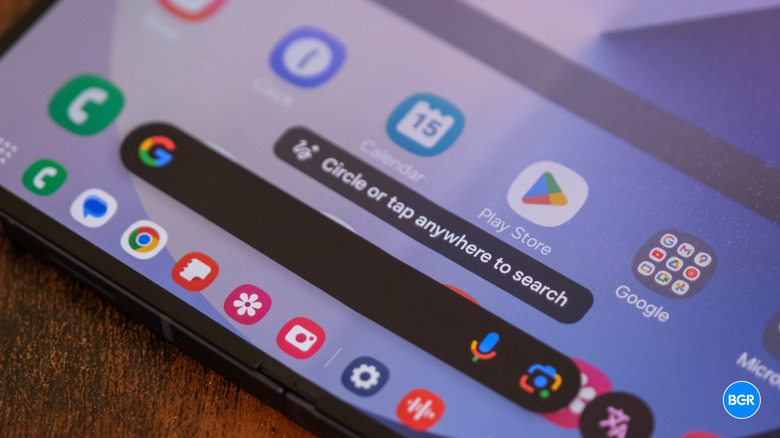Google Ordered To Open Up Android To Third-Party App Stores By Judge
On October 7, Judge James Donato issued his final ruling in the Epic Games v. Google lawsuit. As spotted by The Verge, the ruling orders Google to make a number of notable changes to the Google Play Store in order to give third-party Android app stores more power.
Most significantly, Google now has to make alternative app stores available in Google Play. That means that we should soon see third-party stores such as the Epic Games Store in Google Play. Additionally, third-party app stores must now be allowed to distribute all the same apps that are available on Google Play in order to build competitive services.
Here are some of the other changes Google will need to make to comply with the ruling:
- Can't share revenue generated by Google Play with any person or entity that distributes Android apps or plans to do
- Can't pay a developer to launch an Android app first or exclusively on Google Play
- Can't pay a developer to not launch an app on competing app stores
- Can't pay an OEM or carrier to preinstall Google Play on a device
- Can't pay an OEM or carrier to not preinstall a competing app store on a device
- Can't require the use of Google Play Billing in apps on Google Play or stop a developer from telling users about other payment methods
- Can't stop a developer from telling users about the availability or pricing of an app outside of Google Play or providing a link to an app outside of Google Play
The injunction covers the United States and takes effect on November 1, 2024. Most provisions will be in effect until November 1, 2027. That's shorter than the six years Epic wanted, but Judge Donato explained that "provisions are designed to level the playing field for the entry and growth of rivals, without burdening Google excessively."
As for these third-party app stores, Google has up to eight months "to implement the technology and procedures necessary to comply with this provision, and the three-year time period will start once the technology and procedures are fully functional." Google can ensure that the stores and the apps they offer are safe, legal, and don't violate the company's content standards.
In a blog post, Lee-Anne Mulholland, Google's Vice President of Regulatory Affairs, announced that the company will indeed be appealing the judge's final verdict. She claims that "while these changes presumably satisfy Epic, they will cause a range of unintended consequences that will harm American consumers, developers and device makers."
